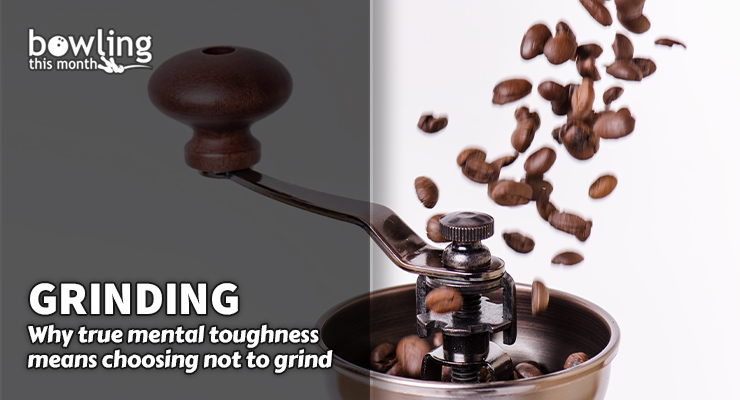See if any of this rings a bell around competition scenarios you have experienced. No matter what you do, no matter what ball, what angle, what strategy, you cannot carry the back row—or worse, you can’t get to the pocket consistently. It is confusing, frustrating, maddening. You cannot string strikes. Scores are low. You just have to grind through. You make the cut. Or you don’t. Either way, you are exhausted and spent.
Or you train. You practice. You work out. You get coached. It gets old. You are not improving at the rate that you want. You get bored. You stop enjoying what you are doing. You still practice and play. But, it’s a grind. You feel cranky.
The same experiences of putting in hours, time, and effort in school, work, and your relationships have the same quality. It’s not fun, results are slow. Frustration, disappointment, and answers about what to do better elude you.
“Satisfaction lies in the effort, not in the attainment, full effort is full victory.”
—Mahatma Gandhi
It is popular these days to feel congratulatory about “grinding it out” when things get tough. Athletes post on social media about fighting through a strenuous workout, making a cut when they can’t find a way to score, or simply declaring they are not quitting.
Somehow, we have come to believe that this is the highest mark of an athlete, to persevere when things get rough. It’s not. But we will get there in a minute.
Our culture is so skewed that we think the idea of “grit” is the very best thing that someone can have. Angela Duckworth’s book, Grit, is one of the biggest selling success books on the market right now. She cites research that says that grit is the “X factor” in most success. In our opinion, she is a little right and a little wrong. But more ...
This article is only available to Bowling This Month subscribers. Click below to get instant access to this article and all of our other premium instructional content.
Subscribe to Bowling This Month
Already a Bowling This Month subscriber? Click here to log in.
Image Credits: Coffee grinder image (©iStock.com/tibor13) is licensed for use by BTM and is the copyrighted property of its original creator.
